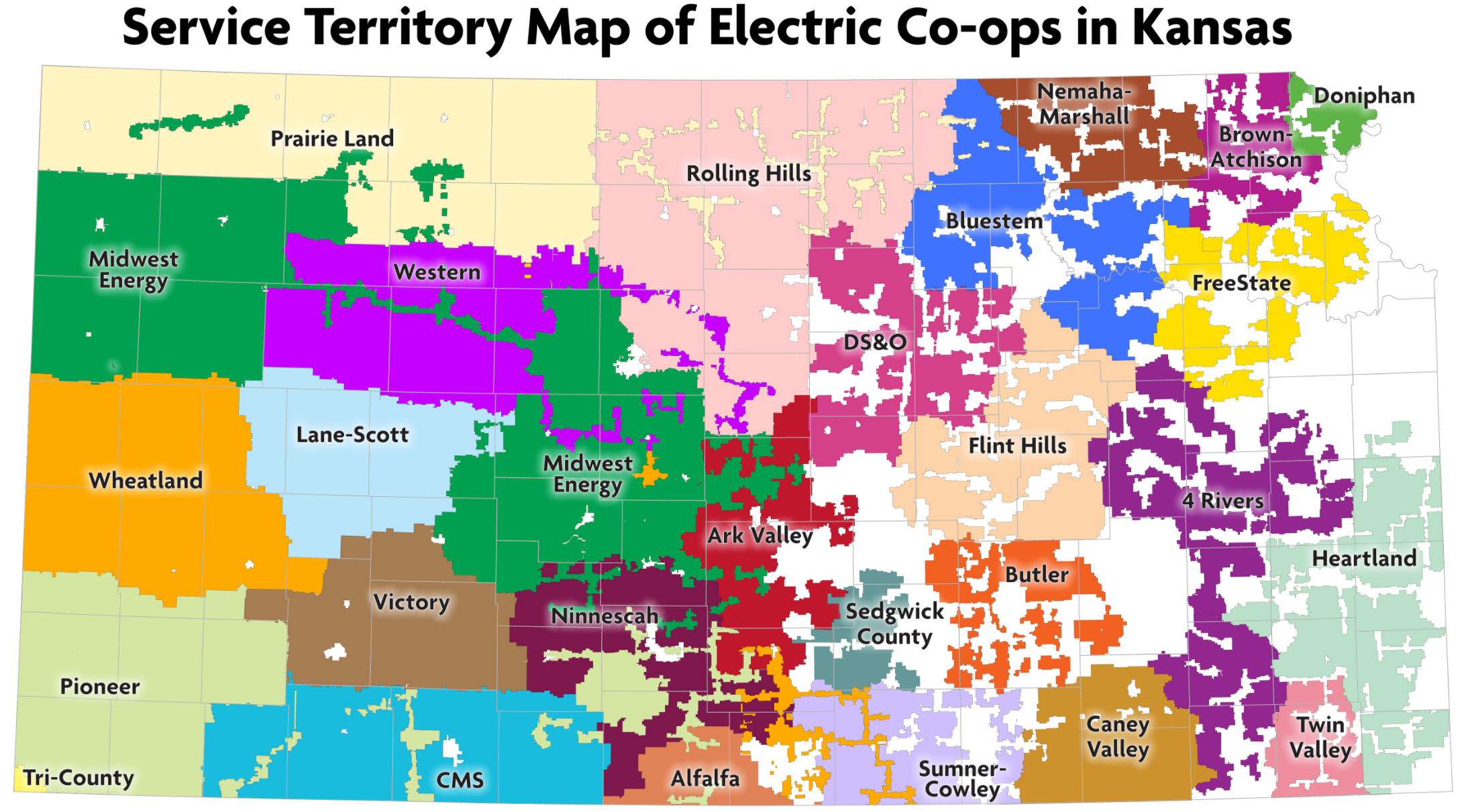A recently released audit of the electric rates Kansans pay concluded that Kansans pay anywhere from 22 to 25 percent more than surrounding states — in part due to higher taxes — yet said the Kansas Legislature should not lower those taxes because local and county governments might not have as much money to spend.
“The tax rate on electric utilities in Kansas is among the highest relative to neighboring states. Indeed, Kansas tax rates are higher than the regional average across the three tax categories reviewed – sales and use tax, corporate income tax, and property tax assessment rates. As such, some stakeholders have suggested tax reductions as a way to reduce overall electricity costs for ratepayers,” reads the study conducted by London Economics International LLC.
“At face value, higher tax rates imposed on Kansas utilities as compared to the regional averages can result in higher consumer electricity rates. However, while reducing the tax rates may help improve the competitiveness of utilities by modestly lowering their costs and providing ratepayers with lower electric rates, this action can also cause socio-economic concerns. For example, state and local governments may suffer from fiscal imbalances, forcing them to increase their revenues from other sources. Furthermore, a cut in corporate income tax may impair the utilities’ credit, exposing them to higher borrowing costs and delaying their cashflows associated with deferred tax liabilities.” (Emphasis added)
Kansas State Senator Richard Hilderbrand said the high electric rates are affecting all Kansans.
“It is imperative that we address and correct all of the issues that are causing our hardworking Kansans to pay the highest utility rates in the region,” he said. “I found it interesting to see that the study lists high taxes as being a factor, but recommended not addressing that issue because the government wouldn’t have as much money to spend.”
Jim Zakoura of Kansas Industrial Consumers Group and Kansans for Lower Electric Rates said the tax rates are just the tip of the iceberg, saying it’s a major economic development issue.
“It’s not sustainable for Kansas to have the highest electric rates in the region,” Zakoura said. “This is foundational to our state.”
“We can’t ask businesses to pay 25-30% more for power, and we can’t reasonably ask people on a fixed income to pay those kinds of rates. So there’s a compelling need to solve it.”
Kansas Policy Institute (which owns the Sentinel) President James Franko agreed.
“Rural economies are changing and high electric rates are only making it harder for local businesses to invest or expand,” he said. “Instead of looking invest in their communities and businesses these companies are being forced to spend incredible amounts to literally just keep the lights on.”
Zakoura said, as an example, they had a client who could locate around the Wichita area or the Enid, Oklahoma area. He said the annual difference in electric costs was $5 million more in Kansas.
“Where do you think they’re going?” Zakoura said. “There’s only a handful of businesses who wouldn’t think a $5 million difference in electric rates wasn’t significant.
Zakoura noted there are communities in Kansas that present unique opportunities for economic development but have the millstone of high electric rates hanging around their neck.
Zakoura used Pittsburg, which is considering creating a public utility, as an example.
“I’ve listened to their city manager (Daron Hall) speak on this and they’re terribly unhappy with (Evergy) there and the level of rates,” Zakoura said. “And it’s really important for them because they’re next door to the competition in Oklahoma and Missouri.
“Pittsburg has been able to attract manufacturing … if they can manage the electric part of that they have some opportunity for growth because there are things there that don’t exist in other parts of the state.”
It’s not just businesses that are being hammered by the rates either, residents are paying through the nose, not just for their homes but are being taxed by school districts and universities to pay for their electric rates as well.
“We have four school districts in our state which are large and have electric bills of about $10 million a year,” Zakoura said. “Well who do you think pays the bills for the school district.
“The regents institutions … have a $38 million a year electric bill. This is foundational, and it rolls through the system. We really have to address it … and solve it for the good of the state.”




